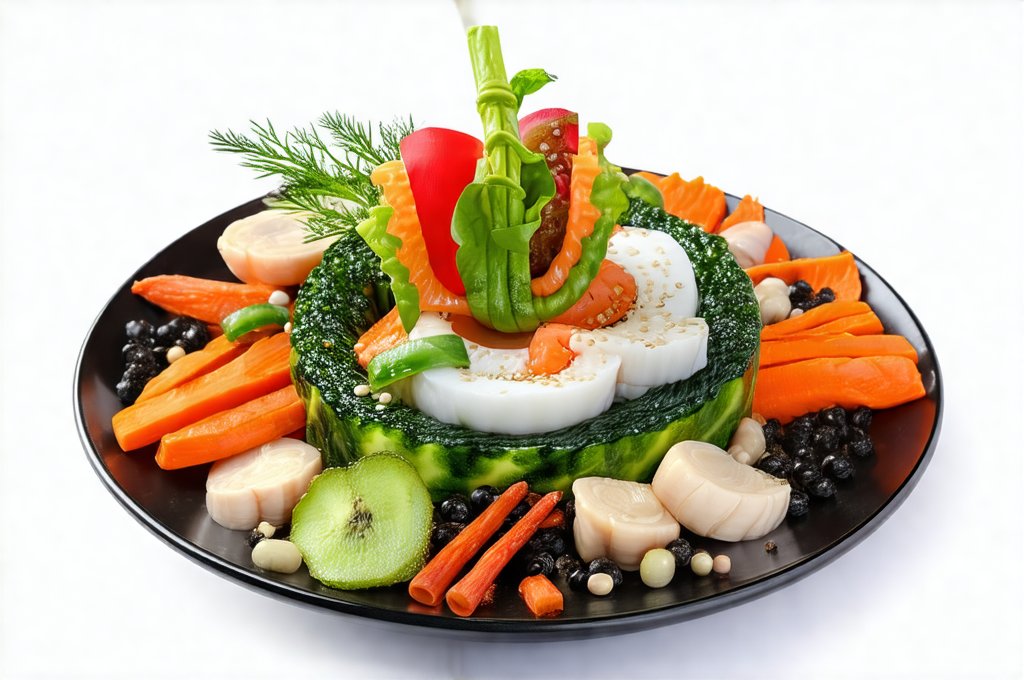Recovering from a long UTI cycle can be incredibly draining, not just physically but emotionally too. Many people find themselves depleted in energy, struggling with digestive issues as a result of antibiotic use, and generally feeling weakened by the prolonged illness. The body has been through a significant stressor – fighting off infection, dealing with inflammation, and potentially enduring harsh treatments – and it needs targeted nourishment to rebuild and restore its natural defenses. This isn’t simply about “eating healthy”; it’s about strategically choosing foods that support healing, replenish lost nutrients, and promote the gut health often disrupted by UTIs and their treatment.
The focus during recovery should shift toward a diet that prioritizes gentle digestion, immune system bolstering, and rebuilding of beneficial gut bacteria. This means incorporating easily digestible proteins, plenty of hydrating fluids, fiber-rich foods to aid in detoxification, and specific nutrients known to support urinary tract health. It’s also important to minimize inflammatory foods that can hinder the healing process and exacerbate symptoms. A truly effective recovery plan isn’t about restrictive dieting but about providing your body with precisely what it needs to thrive again – a nourishing foundation for long-term wellbeing.
Dietary Strategies for UTI Recovery
The cornerstone of dietary support during UTI recovery lies in understanding how different foods impact the body’s healing processes. Prioritizing easily digestible nutrients is crucial, as the gut microbiome can be severely disrupted by antibiotics often prescribed for UTIs. This disruption leads to decreased nutrient absorption and compromised immunity. Therefore, incorporating probiotic-rich fermented foods like yogurt (if tolerated), kefir, or sauerkraut can help repopulate beneficial bacteria in the gut. Equally important are prebiotic fibers found in foods such as bananas, oats, garlic, and onions, which feed these good bacteria, fostering a healthy gut ecosystem. Hydration is paramount, as flushing out the urinary tract remains essential even post-infection. Water should be the primary beverage of choice, but herbal teas (caffeine free) can also contribute to fluid intake while offering additional benefits. Understanding what to eat and drink during a UTI is essential for proper hydration.
Beyond gut health and hydration, focusing on anti-inflammatory foods is vital. Chronic inflammation can exacerbate UTI symptoms and hinder recovery. Incorporating foods rich in omega-3 fatty acids like salmon, flaxseeds, and walnuts can help reduce inflammation throughout the body. Similarly, brightly colored fruits and vegetables – berries, leafy greens, bell peppers – are packed with antioxidants that combat oxidative stress and support immune function. It’s also beneficial to limit processed foods, sugary drinks, caffeine, and alcohol, as these can all contribute to inflammation and weaken the immune system.
Boosting Immunity & Reducing Inflammation
A robust immune system is your body’s primary defense against infection, making it critical to strengthen during recovery. Vitamin C, found abundantly in citrus fruits, strawberries, and bell peppers, plays a vital role in immune cell function. Similarly, zinc, present in foods like pumpkin seeds, lentils, and chicken, supports the production of white blood cells that fight off pathogens. Turmeric, with its active compound curcumin, is renowned for its potent anti-inflammatory properties and can be incorporated into meals or consumed as a supplement (consult a healthcare professional before supplementing). It’s important to know what not to do during active UTI recovery to ensure your immune system isn’t further compromised.
Furthermore, consider incorporating foods known to support lymphatic drainage – the body’s natural detoxification system. These include garlic, ginger, and leafy green vegetables. The lymphatic system helps remove waste products and toxins from the body, which is especially important after an infection. Regular gentle exercise also aids in lymphatic drainage, but during recovery, prioritize rest and avoid strenuous activity until your energy levels return.
Supporting Urinary Tract Health
While hydration remains key to flushing out the urinary tract, certain foods can offer additional support for urinary health. D-mannose, a naturally occurring sugar found in cranberries, apples, and peaches, helps prevent bacteria from adhering to the walls of the urinary tract. While cranberry juice is often recommended, it’s important to choose unsweetened varieties as added sugars can counteract its benefits. However, D-mannose supplements are generally more effective for prevention. It’s helpful to consider what not to eat while recovering from a UTI in order to support this process.
Another helpful nutrient is Vitamin A, found in sweet potatoes, carrots, and spinach, which supports the health of the urinary tract lining. Additionally, foods rich in antioxidants – berries, dark leafy greens, and green tea – can help protect against oxidative stress and inflammation in the urinary tract. It’s also important to note that certain foods can irritate the bladder and worsen symptoms. These include spicy foods, caffeine, alcohol, artificial sweeteners, and acidic fruits like oranges and tomatoes.
Gentle Digestion & Gut Restoration
As mentioned earlier, antibiotics often disrupt the gut microbiome, leading to digestive issues such as bloating, diarrhea, or constipation. Restoring gut health is therefore crucial during recovery. Incorporating probiotic-rich fermented foods – yogurt (if tolerated), kefir, sauerkraut, kimchi – can help repopulate beneficial bacteria. Prebiotic fibers found in bananas, oats, garlic, onions, and asparagus feed these good bacteria, further promoting a healthy gut ecosystem.
Focusing on easily digestible proteins like fish, poultry, or tofu minimizes strain on the digestive system. Avoid heavy, greasy foods that can be difficult to process. Fiber intake should also be gradually increased to avoid exacerbating digestive symptoms. Chewing food thoroughly and eating smaller, more frequent meals can further aid digestion. Consider incorporating ginger tea or peppermint tea after meals to soothe digestive discomfort. Knowing what to watch for during recovery from UTI is key to managing these symptoms and ensuring proper healing.





















